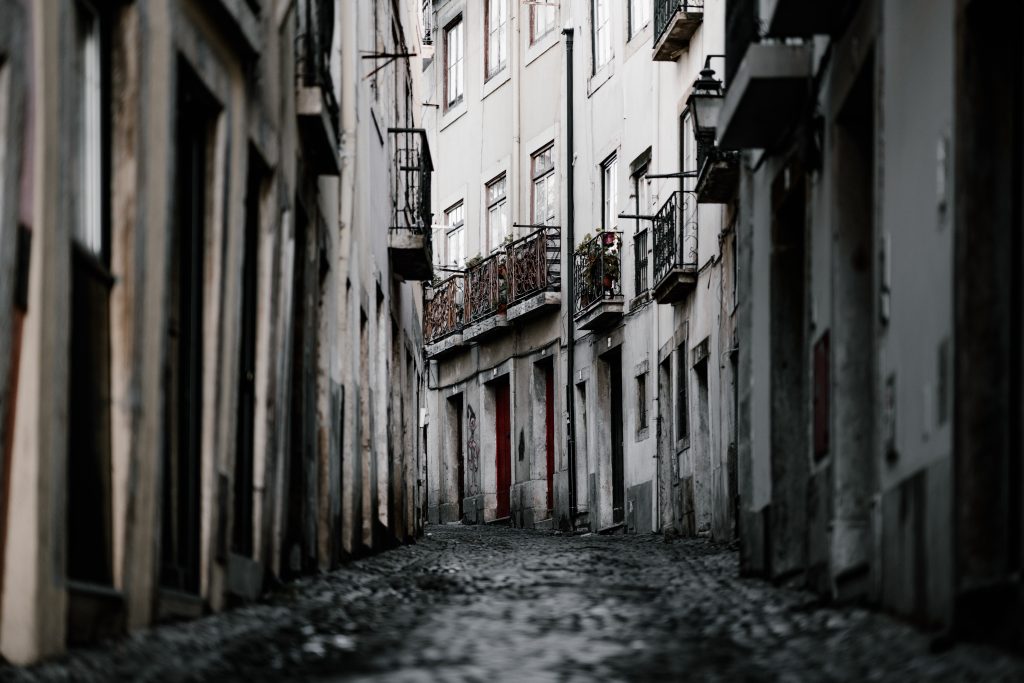
Due to cultural and historical occurrences, in some cities, the dialogue between citizens and the government has not existed for many years and has only appeared slowly in recent times. Trust in the government to take the citizens’ concerns with a certain level of seriousness has been low, whereas no direct engagement channels to co-create sustainable solutions with the citizens have existed before. Political challenges, lack of innovation, and simply, being stuck in the past have many inhabitants turn their backs on their own governments.
This results in many young people leaving certain cities and moving into the capital region since in some places they either do not identify anymore with the more traditional values, still live there, or have completely lost their sense of identity and community towards their own city of birth.
A Future Shaped Through History
Belonging to the country of Latvia, Jelgava had its fair share of challenges throughout various historical events. The city was devastated more than most Latvian cities during World War II and was occupied once by Germany and two times by the Soviet Union, on which hand it remained until its independence in 1991. During that time, the Soviets built various factories in Jelgava, which worked for the entire union. The most famous one was the RAF factory, which produces small buses and gave the name to the district RAF quarter in the city.
Due to a long time under the regiment of the Soviet Union, it is a challenge for many citizens, living in Jelgava, a lack of community can be seen today, as the city is divided between the elderly and the younger generation, who do not want to identify themselves with the past.
WeSolve and the Creation of Community
The WeSolve platform has been utilized with the goal of increasing the sense of community and belonging within the city of Jelgava. Through three engagement rounds, the citizens could give their opinions in various polls and surveys about how they identify with the city, its history, and if they believe what could be done to create a community.
The engagement rounds also focused on the previously mentioned neighborhood RAF, with the idea to change the name to something many people in Jelgava could identify with. Further activities concentrated on sustainable living and micro-mobility, as well as cycling parking spaces and routes.
It became apparent that the citizens showed a higher interest in the aspects of increasing the micro-mobility system, which leads to the assumption that the citizens want to move forward and leave the past behind on their own terms.
Through the WeSolve framework, the municipality got valuable insights into the citizens’ way of thinking, their cultural identity, and wants and needs from a future perspective.
It is now up to them to use these insights wisely to create an identity, which every citizen of Jelgava can identify with.
Explore WeSolve today.
Understand the way your citizens feel about their city and create the community of tomorrow.